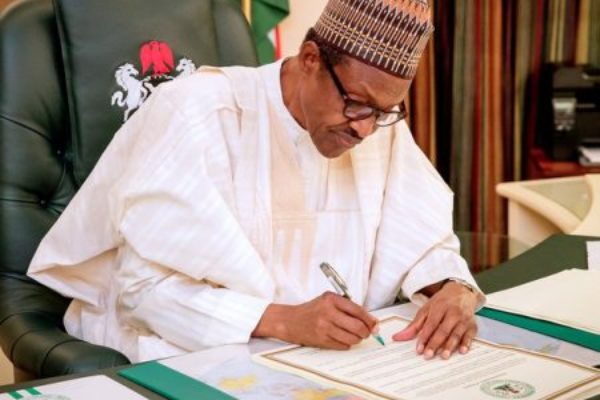Nigeria’s domestic borrowing will exceed N1.3 trillion in the second half of 2021, analysts said in a new report. Nigeria plans to raise part of the amount needed to finance gaps in its budget from the domestic and foreign markets in 2021.
CardinalStone Partner Limited in its second half of the 2021 outlook said FG raised N1. 8 trillion via fixed interest rate debt instruments in the first half of the year. The sum came from treasury and bonds instruments issued in the period.
Local debt was low for the most part of 2020 despite a heightening inflation rate as policy authority maintains a dovish stance on the benchmark policy rate, the move criticises as a form of financial repression.
Declining government revenue due to lower than expected oil production volume in the first half of 2021 mounted pressure on spending plans on critical projects.
The Nigerian government was unable to meet revenue expectations, but recurrent spending surged above the budgeted amount between January and May, the Budget Office report shows.
Due to the revenue gap, FG plans to support the 2021 Budget with about N6 trillion borrowings from domestic and foreign markets in the second half.
Recall that Lawmakers recently approved a $6.18 billion foreign currency loan for Federal Government amidst a rising debt profile that surged above N33 trillion in the first quarter after a $500 million Eurobond repayment on January 28th, 2021.
Analysts projected that fiscal issuance may exceed N1.3 trillion in the second half, saying that yield direction in the fixed income market would be driven by the Nigerian government borrowing plan, inflation and monetary policy.
The investment firm cited that the medium-term expenditure frame (MTEF) estimates the 2021 budgetary deficit at N5.6 trillion, which is to be partly funded by domestic and foreign borrowings in equal proportion.
Cardinalstone analysts said this distribution implies that Federal Government targeted local borrowings approximates about N2.3 trillion.
The amount is however expected to reach N3.1 trillion if the domestic portion amounted to N722.5 billion of the new supplementary budget of N895.8 billion is accounted for.
The report said in the first half of 2021, the combined net issuances printed at N1.8 trillion. In the period, bonds raised via the debt market amounted to N1.4 trillion in addition to N350.9 billion from Nigerian Treasury Bills (NTBs).
The total amount raised via the fixed income market valued at N1.8 trillion was 57.6% of proposed domestic fiscal borrowings for 2021.
At that rate, CardinalStone partners said a combined net issuance of about N1.3 trillion in the second half of 2021 would be needed to meet the domestic budgetary borrowing target for 2021.
“We note that the 2035 and 2050 instruments – conduits for about 80.4% of the last FGN bond raise in the first half of the year – are discount bonds, suggesting that the net issuances may have to be much higher than N1.3 trillion.
“Assuming the 35.2% excess issuance over maturities in the first half of 2021 subsists, our overall prediction for gross issuance at the NTB and bond fronts is about N2.2 trillion and about N1.3 trillion, respectively, for the second half of the year”
Meanwhile, the investment firm stated that the financial system liquidity is likely to remain tight in the second half of 2021, with expected open market operations OMO maturities of N1.2 trillion, a 61.6% lower than in the first half of the year and bond maturity at a low N561 billion for the rest of the year.
“We also note the likelihood of sustained intermittent and unpredictable cash reserve ratio debits”, analysts said.
CardinalStone believes that latitude for continued net issuances on the Nigerian Treasury Bill and bond fronts, to meet high fiscal borrowing needs, are also likely to reduce system liquidity.
That said, analysts noted the improved federal accounts allocation committee (FAAC) disbursements on higher oil prices could slightly offset some liquidity pressures.
Source: Market Forces Africa








Leave a comment